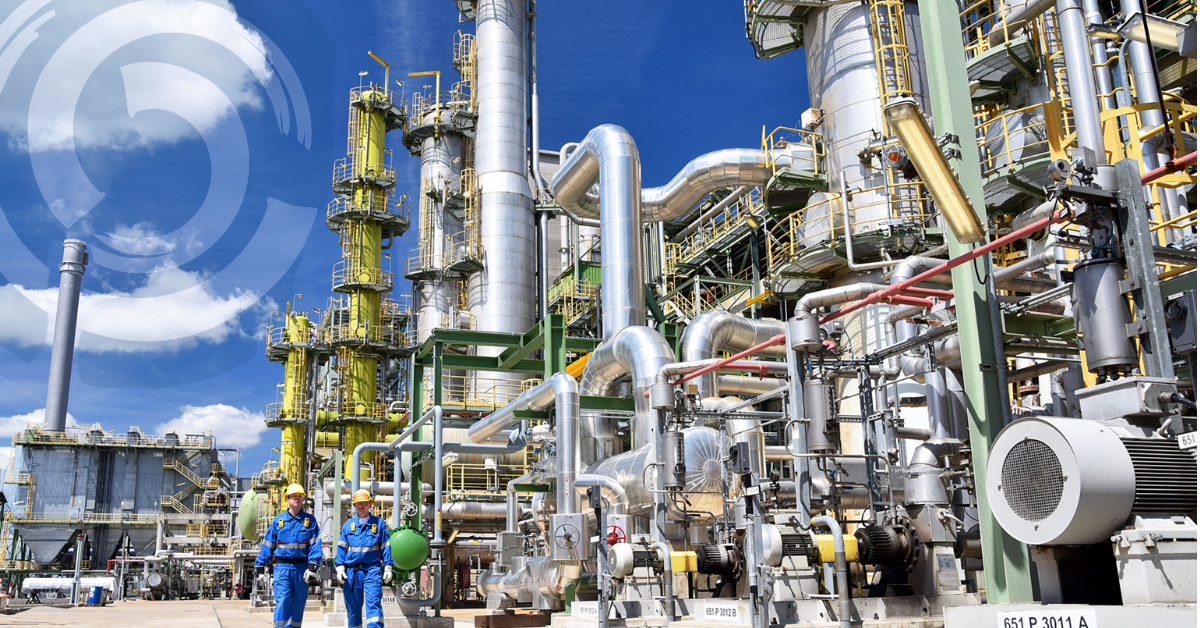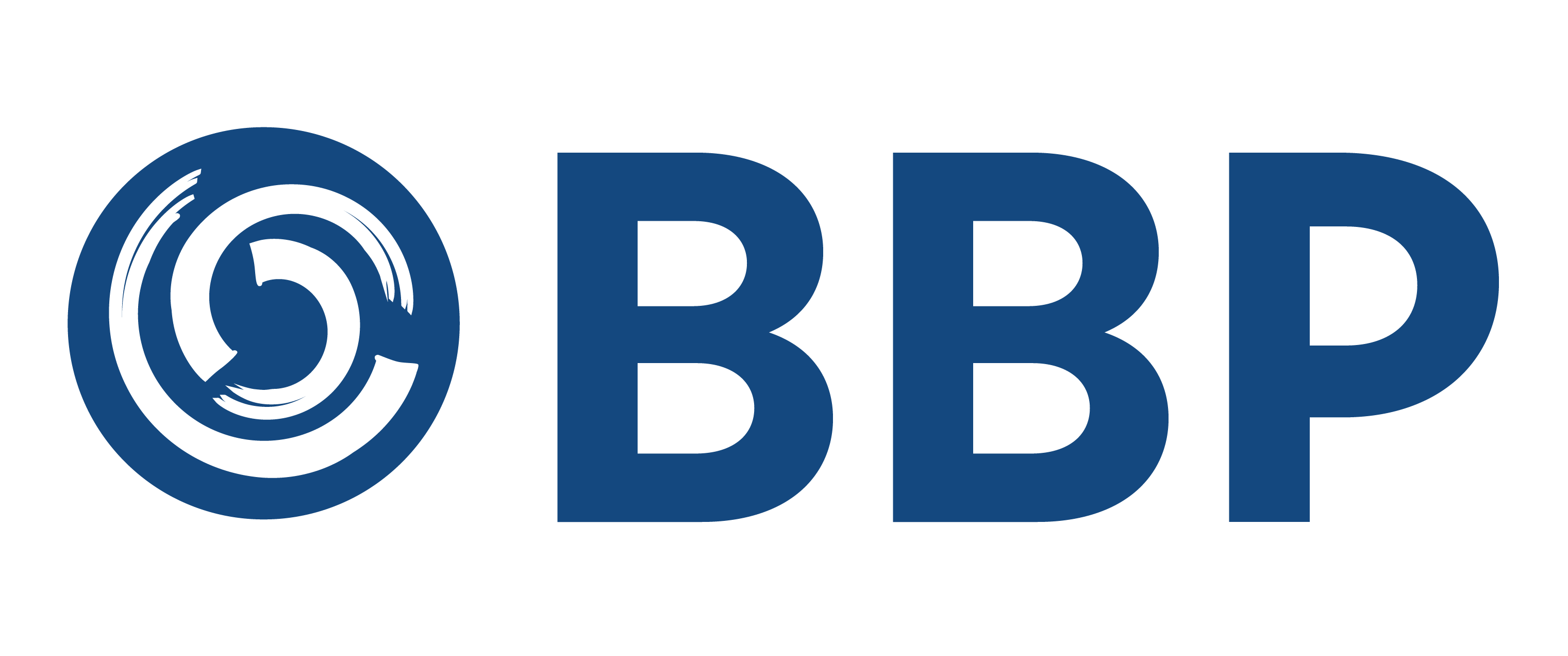
Yokogawa Improves Production Management and Optimization for a Methane Chloride Plant
 This methane chloride plant is a subsidiary to a large fluorochemicals producer that manufactures a total of 83 products in five categories for export to more than 30 countries and regions.
This methane chloride plant is a subsidiary to a large fluorochemicals producer that manufactures a total of 83 products in five categories for export to more than 30 countries and regions.
To optimize production management at this company’s methane chloride plant, Yokogawa provided a range of advanced solutions.
Challenges and Solutions
Yokogawa’s CENTUM CS DCS was already installed at this methane chloride plant, and the human interface stations for this system all ran on the UNIX OS. To achieve the desired results with today’s advanced solutions, Yokogawa first upgraded this plant’s DCS to the newest version of CENTUM, a more modern version of the Yokogawa DCS that uses the latest Windows software. Then, to help users gain a deeper understanding of this complete management and optimization solution, Yokogawa used process data analysis in the project’s early stages to demonstrate in detail the benefits that can be obtained with this solution.
The production management and optimization solutions provided by Yokogawa included the Exaquantum plant information management system (PIMS), APC software, Exapilot operation efficiency improvement software, and PID tuning software. The Exaquantum PIMS provides access to both history data and real-time data on plant operations that is needed to monitor, analyze, and manage quality, operations, production, and safety.
The Exaquantum PIMS provides access to both historical data and real-time data on plant operations that are needed to monitor, analyze, and manage quality, operations, production, and safety. The APC solution enables the implementation of an advanced control strategy for multivariable estimation, overcomes the effects of interference and multivariable coupling, and stabilizes the operation of equipment throughout the plant. Through boundary control, economic benefits can be obtained by increasing the conversion rate of the hydrogen chlorination reaction, increasing the yield of high value-added products from the chlorination reaction, and reducing energy consumption.
The Exapilot software improves efficiency by fully automating the monitoring and performance of plant operating procedures. The scope of implementation includes automatic device start-up/shut-down, automatic switching of production load, and intelligent shielding from invalid alarms. This both improves efficiency and ensures safety. PID control plays a vital role in process control. Proper setting and tuning are necessary conditions for achieving stable plant operations and a prerequisite for advanced process control. The total number of loops set for this plant is 177. Yokogawa provides a standardized method for performing regulatory control stability by adopting fixed procedures and methods to ensure optimization and safe plant control.
Key Benefits
The entire management and optimization solution took a year and a half to implement smoothly and is currently operating well. The project has achieved its goals:
- Improved economic benefits: Steam consumption has been reduced, the conversion rate for the methanol reactor has improved, and CCl4 has been reduced.
- Enhanced plant safety: The number of process alarms has been reduced. The reduction of manual operations improves plant safety by reducing the incidence of operator errors.
- Improved product quality: Through the implementation of APC, the process automation rate has been improved. In terms of quality control, online real-time predictive analysis of product quality has been realized.
- Energy savings and emissions reduction: The plant’s annual steam consumption has been reduced by 6,370 tons, resulting in a 764 ton reduction in the amount of coal used.
Testimonial
Yokogawa’s production management and optimization solutions have been successfully applied at this methane chloride plant, realizing the digitalization and automation of production management, improving production stability, and enhancing the safety and reliability of production operations. The customer is very satisfied with the implementation of Yokogawa’s production management and optimization solutions.
When asked about Yokogawa’s advanced control system, the assistant general manager said,
“The successful implementation of the advanced control systems has brought multiple benefits to our enterprise. Through the improvement of product yield, the reduction of energy consumption, and the improvement of product quality, very considerable economic benefits have been achieved. At the same time, thanks to its automation of control and stabilization of operations, the advanced process control technology has greatly reduced operator workload, reduced process alarms, and enhanced safety.”







